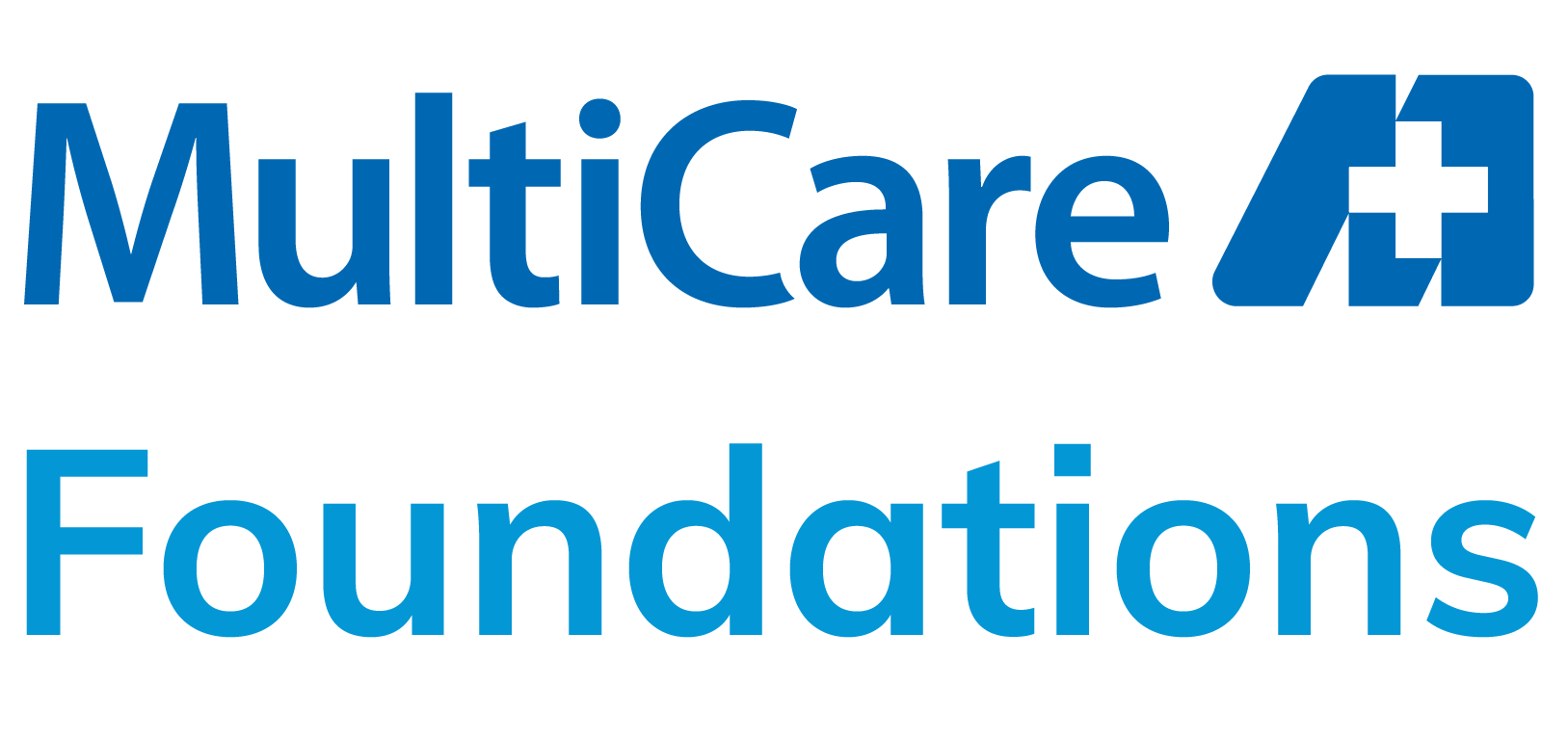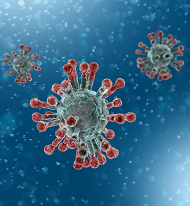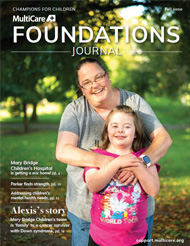Mary Bridge helps Puyallup family navigate the unknowns of juvenile ALS
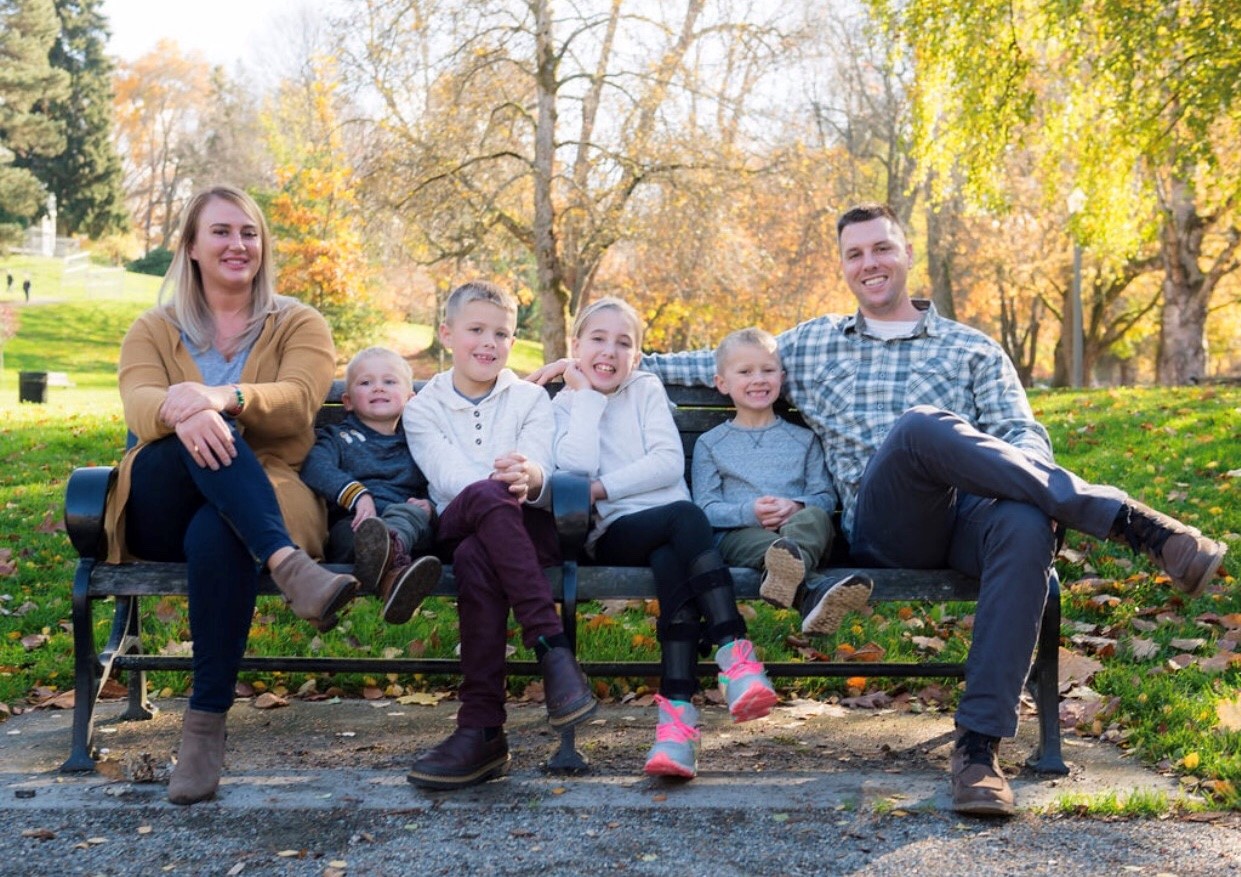
By McKenna Ownby
Taylor Futch has a passion for swimming. She’s loved it all her life. Whether it’s in the comfort of her own backyard pool or in a lake from her family’s boat, if there’s water, she’s happy.
Lately though, Taylor has been doing most of her swimming at the Mary Bridge Good Samaritan Children’s Therapy Unit (CTU).
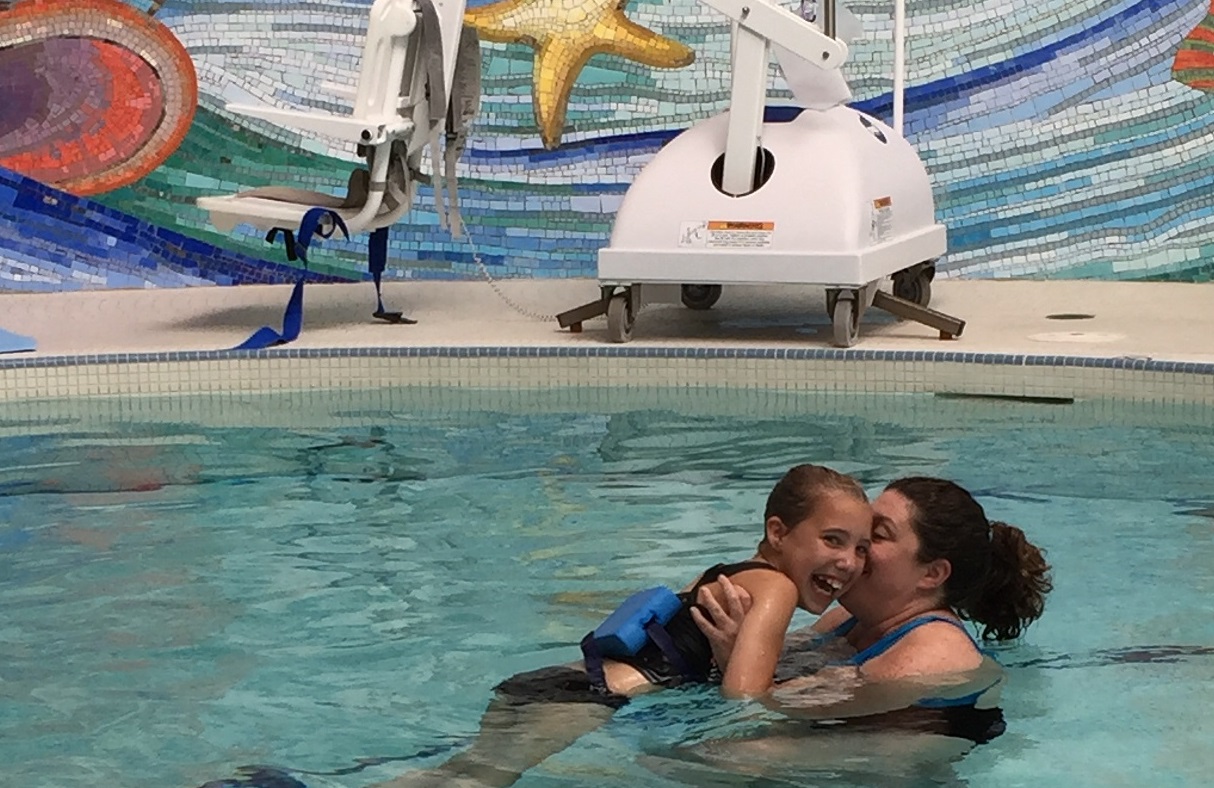 At 9 years old, she was diagnosed with juvenile ALS, an extremely rare and degenerative neurological disease. Using the therapy pool at CTU is a crucial part of Taylor’s care because it helps keep her mobile.
At 9 years old, she was diagnosed with juvenile ALS, an extremely rare and degenerative neurological disease. Using the therapy pool at CTU is a crucial part of Taylor’s care because it helps keep her mobile.
Taylor’s condition makes it hard for her to move or speak the way other kids her age do, and moving around in the water is much easier for her.
Her dad, Jesse, says his daughter has been faced with medical challenges her whole life. Doctors originally thought she was born with cerebral palsy (CP). Despite that, she still had good mobility and didn’t have any problems learning to talk as a toddler. But something changed the year before she started kindergarten.
The most common symptoms of CP include difficulty walking, changes in muscle tone and loss of motor skills — all of which Taylor was experiencing at age 4. At that time, she and her family lived in Virginia and her medical team recommended she start using a wheelchair to help her get around, especially for long distances.
By the time she was in second grade, her condition hadn’t improved, so doctors recommended a surgery that could help her ability to walk by lengthening her heel cord.
For a short time, it seemed like Taylor’s medical journey was getting easier. She had physical therapy three times a week for six months following the surgery and steadily started to regain her strength.
The family made the move to Washington in February 2017, where Taylor was referred to Mary Bridge Children’s Hospital and CTU. In summer 2018, genetic testing determined that juvenile ALS was the cause for the decline in Taylor’s mobility and speech, not CP.
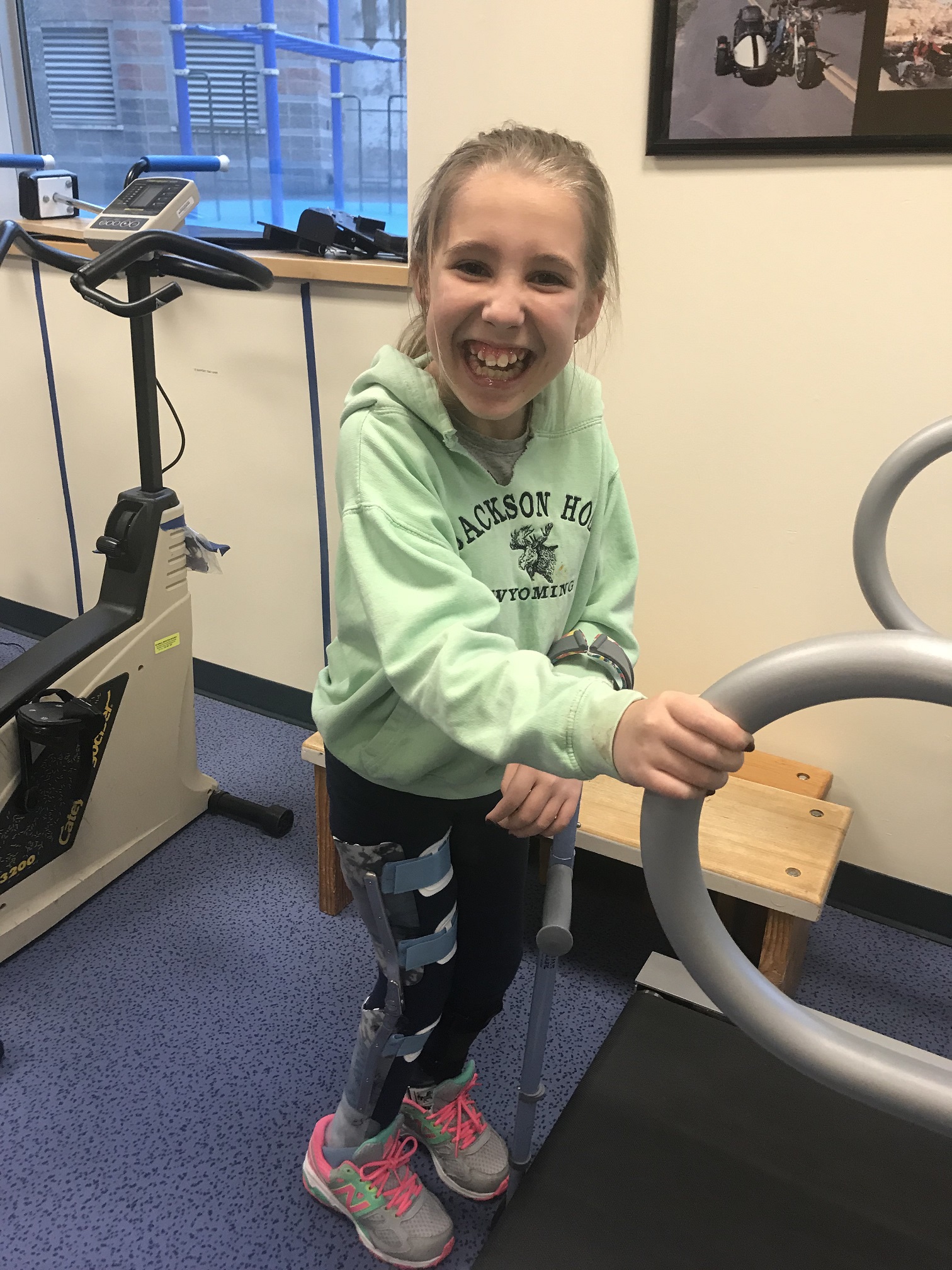 “Then we started to notice that her left knee was buckling, and it just got worse from there,” Jesse says.
“Then we started to notice that her left knee was buckling, and it just got worse from there,” Jesse says.
Jesse was soon transferred to a new work location that required the family to move across the country, and that meant finding a new medical team for Taylor.
Those results were met with mixed emotions for Jesse: relief to finally know the true diagnosis, but devastation in not knowing what would come next.
“The most challenging part is just having to navigate the unknown with all of this,” he explains. “It’s to the point now where it can be difficult to understand her, and as a dad, it’s hard to watch that happen. But the doctors here, the people she sees at Mary Bridge, they’re helping us learn and understand more about what this means and what we can do to help Taylor. We’re trying new things all the time.”
Many of the programs and services that help Taylor and her family navigate her rare condition are funded by donors: services at CTU such as the therapy pool and programs such as Complex Care, which facilitates the coordination of Taylor’s care across the Mary Bridge system.
In her weekly visits to CTU for physical and occupational therapy, Taylor sees physical therapist Meredith Graham Lawver.
“Everything I do that’s assistive technology-related is totally donor-funded,” Meredith says.
One of Taylor’s most recent accomplishments was earning her “driver’s license” for her new wheelchair, which has power-assist technology. It allows her to move where she wants on her own without having to be pushed.
Taylor’s medical future is uncertain. There’s no current cure for juvenile ALS, and Mary Bridge may always be part of her childhood. But none of that stops her from staying positive and trying to live life to its fullest. Taylor enjoys going to school, playing with her three younger brothers — Jacob, Hudson and Wesley — and spending time with her friends. She uses a “text to talk” app on her phone to communicate at school, where her teachers and friends adore her.
When Jesse is asked what makes him most proud of his daughter, he doesn’t hesitate: “Her resiliency,” he says. “She never complains, and everywhere she goes, she has a positive effect on others. She just lights up the room.”
Meredith couldn’t agree more.
“Her smile, her sense of humor, her personality — she’s just a joy to be around,” she says. “I just want her to have the best, most comfortable and active life as possible. As long as she needs us and as her needs change, we’ll be here for her.”
Taylor was recently chosen as the recipient of the 2018 Patient Hero Award at Mary Bridge’s annual Bridge Builders Luncheon.
You can support kids like her by making a donation to the Mary Bridge Children's Foundation.
